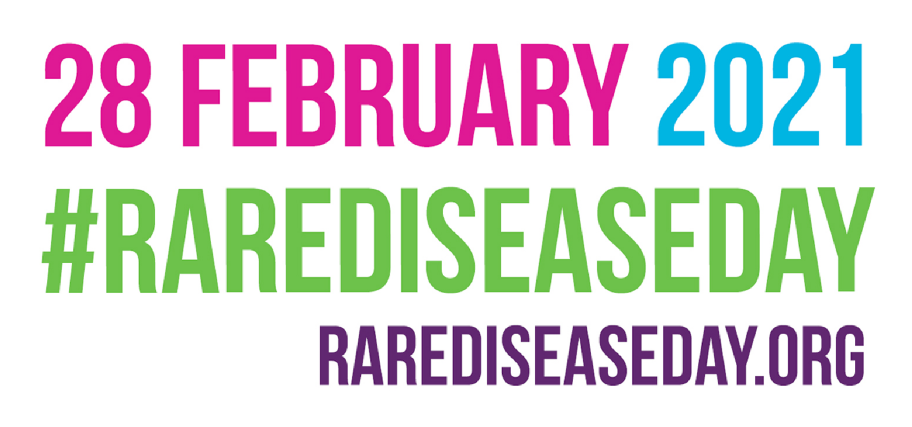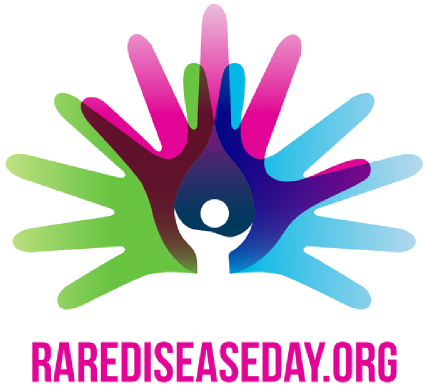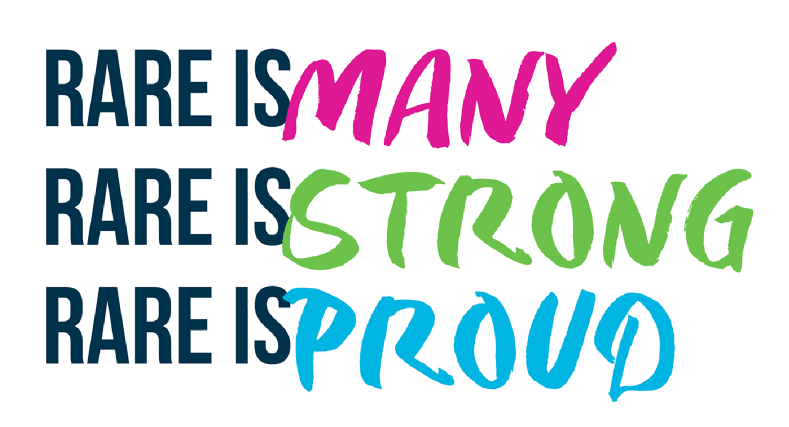DYNE-302 a product candidate for people living with facioscapulohumeral muscular dystrophy (FSHD)
DYNE-302 is Dyne’s product candidate being developed for people living with FSHD. DYNE-302 consists of a fragment antibody (Fab) that binds to the transferrin receptor 1 (TfR1) which is highly expressed on muscle, conjugated to an siRNA designed against DUX4 mRNA. Dyne has generated comprehensive preclinical data supporting its FSHD program demonstrating robust and durable DUX4 suppression and functional benefit in both in vitro and an innovative in vivo model developed by Dyne.
About FSHD
FSHD is a rare disease characterized by progressive loss of skeletal muscle, which causes profound weakness. It is estimated to affect approximately 16,000 to 38,000 people in the US and 35,000 people in Europe.
Onset
There is wide variability in age of onset with FSHD. Symptoms typically begin to appear in the teen years. In some cases, individuals do not begin to experience the muscle weakness characteristic of FSHD until well into adulthood. A very rare form of FSHD, often called infantile FSHD or IFSHD, is particularly debilitating, with symptoms beginning in infancy or early childhood.
Cause
FSHD is caused by aberrant expression of a gene called DUX4. In a healthy individual, DUX4 is active for only a short time in early embryonic development. In individuals with FSHD, the DUX4 gene remains “on” long after it is supposed to be silenced. This activation leads to surplus production of the DUX4 protein, which causes the gradual destruction of muscle cells throughout the body.
Symptoms
The symptoms of FSHD often emerge first with a loss of facial muscle strength, making it difficult to smile or use a straw. Weakness typically progresses to all major muscle groups including the arms, torso, legs, and abdomen and can lead to limited mobility. The severity of symptoms varies widely. People living with FSHD can also experience joint and spinal abnormalities, including protrusion of the shoulder blades.
Treatment
Although the genetic cause of FSHD is well understood, there are currently no approved disease-modifying treatments for FSHD.



